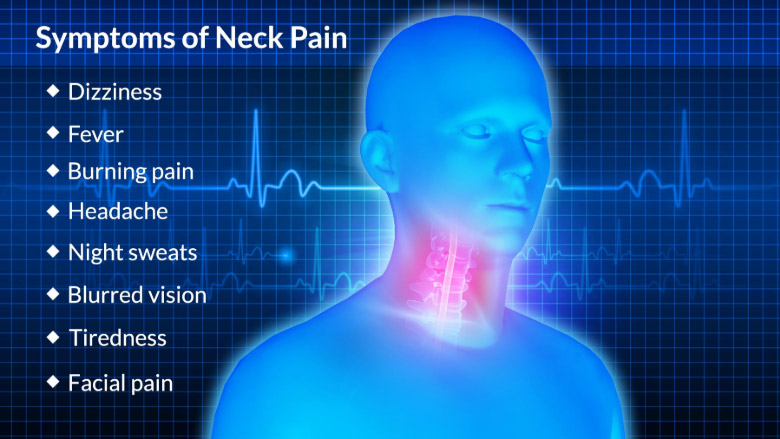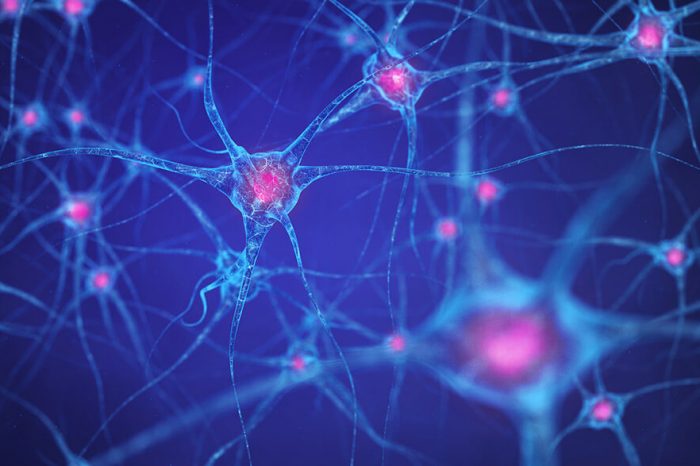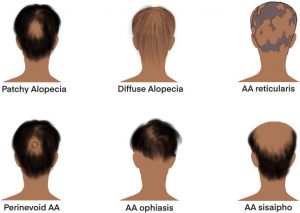Neck Pain Symptoms and Treatment

Neck Pain Symptoms and Treatment

There are many treatments available for neck pain, including physiotherapy, massage, acupuncture, and chiropractic care. Some treatments have limited evidence of benefit and are only appropriate for certain cases. For those who don’t experience neck pain regularly, conservative measures may be helpful. Your healthcare provider will evaluate your symptoms and recommend a treatment plan. This article will look at some of the most common types of treatment and how they can help.
A doctor will first need to know the exact cause of your neck pain. Depending on the source, it may be caused by a pinched nerve, disc problem, or bone fracture. The diagnosis is usually made with a physical exam, and any history of injuries or degeneration in the neck will be noted. A CT scan of the neck can help to determine the exact cause of the neck pain and the best treatment options.
While most neck pain goes away on its own, it may need to be treated if it interferes with daily activities or if it persists for more than a few days. In severe cases, such as neck injuries from a car accident or a fall, the pain is considered a medical emergency, and a referral to a neurosurgeon will be needed. The pain can spread to other parts of the body and may require surgery or steroid injections.
A medical exam can help diagnose the cause of neck pain, which may be acute or chronic. Depending on its underlying cause, the pain can last from a few days to months or years. If the pain is caused by nerve compression, it may result in numbness or weakness in the arm. A doctor will also do a neurological examination to determine the source of the pain, and may perform spinal fusion or a cervical spinal fusion surgery to relieve the pressure on the spine.
The pain in the neck may be caused by a pinched nerve. In some cases, the pain may radiate into other parts of the body. A physician can perform a neurological examination to determine the source of the pain. The pain may last for a few hours or several days, depending on the severity of the condition. A few treatments for neck pain may help alleviate the discomfort while you wait for the doctor to perform the necessary surgery.
Depending on the cause, neck pain may be acute or subacute. It can be radicular, or localized to the neck. It may affect one or more of your body parts. It is important to understand the causes of neck pain and find a treatment that will work for you. The symptoms of neck pain can vary from mild to severe. For mild to moderate cases, home remedies are usually enough. If the pain is severe, a doctor may recommend a course of treatment to reduce the amount of discomfort and prevent further damage.
While neck pain is a common complaint, it is often short-lived. The pain is usually caused by a tightening of the muscles in the neck. The levator scapulae muscle is a common culprit. The pain can radiate to other parts of the body, like the back and arms. A massage may help relax the muscles of the neck. Although it may not be the cause of your neck pain, it can be an indication of degenerative spinal conditions.
If you have pain in your neck, the best treatment for it is to seek medical attention. If you have persistent pain, you should visit a neurosurgeon. A doctor will diagnose the cause and recommend treatment for your neck. You can also try ice packs and heating pads. For milder cases, you can take anti-inflammatory drugs, which are generally non-invasive. If your symptoms persist for more than four weeks, you may need to consider surgery.
Symptoms of neck pain can vary widely. It may radiate to other parts of the body or be localized. Depending on the cause, your neck pain may be worse or less severe. An MRI will show whether you have a pinched nerve in your spinal cord. If the symptoms are localized, you will need to visit an orthopedic surgeon to rule out spinal cord injuries. The doctor will perform a neurological examination to determine the exact cause of your pain.






